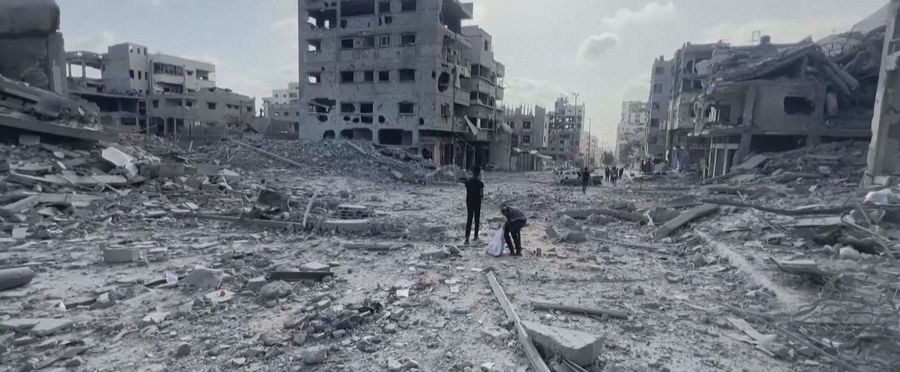Despite the declaration of a halt to operations, airstrikes persist in the Gaza district. The news further elaborates on the impact and the international reactions elicited due to these strikes. Given this backdrop, the article explores potential strategies for conflict resolution and peacekeeping, while also considering the roles of the major players involved.
In Japan, foreign conflicts are viewed with deep concern due to the country's pacifist constitution and commitment to conflict resolution worldwide. The Japanese public typically advocates for peace negotiations and more diplomatic solutions, underscoring their social values of peace and harmony. The news, while depicting a conflict outside of Japan, taps into these societal values and stimulates public discourse on peacekeeping efforts.
In the US and EU, such conflicts draw mixed responses. While some members advocate for direct intervention to facilitate swift resolution, others are more inclined toward diplomatic discussions and sanctions or incentives. These differences often reflect the political climate of each country and their respective views on foreign policy and international intervention.

